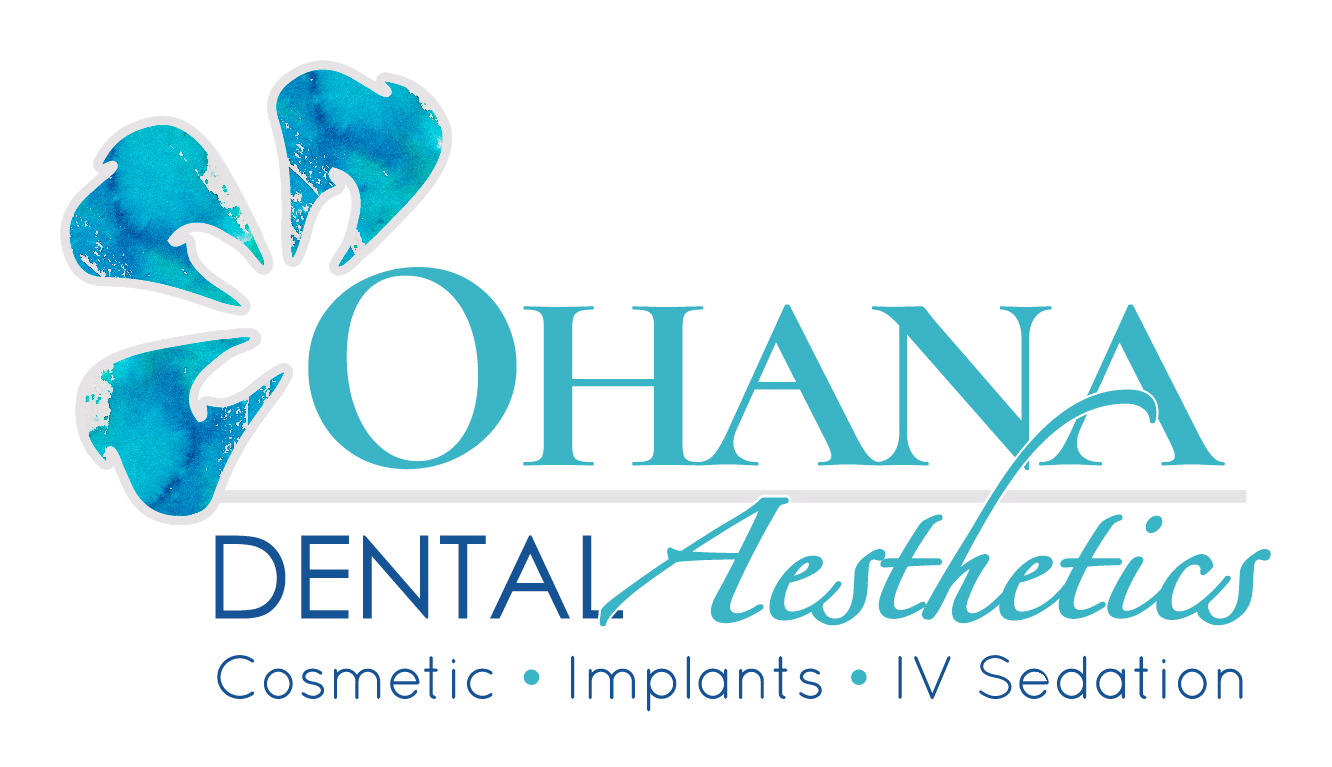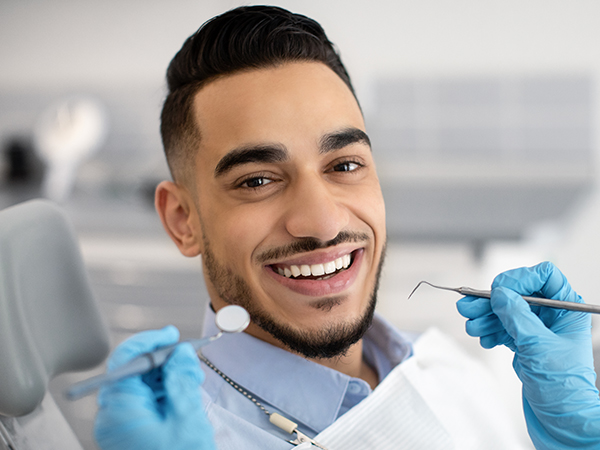
Orthodontic treatment is a type of dental treatment that addresses teeth and jaws that are incorrectly positioned. Most people have not been blessed with perfectly aligned teeth naturally and as such, the number of referrals for orthodontic treatment is growing every year.
Many people think that correctly positioned teeth are primarily a cosmetic concern. However, crooked teeth and misaligned bites can create a whole variety of health problems including head, shoulder, neck, and jaw pain as well as an increased risk of early tooth decay since crooked teeth are often more difficult to keep clean. These are just some of the reasons that orthodontic treatment is an investment in the future of your oral health, giving you a healthier mouth and a more confident smile.
Problems that can be corrected with orthodontic treatment
Your dentist may recommend you for orthodontic treatment if:
Your teeth do not sufficiently fill your mouth,
leaving you with lots of gaps.You have too many teeth trying to fit onto the dental ridge.
You have an overbite – where the top teeth stick out over the bottom teeth when biting together.
You have an under-bite – where the bottom teeth sit further forward than the top teeth when biting together.
You have an open bite – where there are spaces between the surfaces of your teeth when biting together.
You have a cross-bite – where the upper teeth fail to come down just in front of the lower teeth when biting together.
The centerline of your top teeth fails to fall in line with the center of your bottom teeth.
What types of orthodontic treatment are available?
During your initial consultation with your orthodontic specialist, you will discuss which type, or types, of orthodontic treatment is right for you based on your specific needs.
There are two main varieties of appliances that sit inside your mouth and address the issues with your teeth and jaws by applying firm, but gentle pressure in order to retrain them to sit a certain way.
Fixed orthodontic appliances
The most common type of fixed orthodontic treatment is braces. But forget the mouths full of metal of the past because modern braces are lightweight, minimalist and available in a clear style as well as in a range of colors, making them more akin to a fashion accessory than a dental one. Braces are bonded to the teeth and adjusted using a series of bands and wires at various frequencies based on your individual needs.
There are also special fixed appliances available to help control thumb sucking and tongue thrusting, as well as fixed space maintainers that are used in pediatric orthodontics to keep a space open and prevent the other teeth from moving while an adult tooth waits to erupt. This is most often used if a child needs to have an infant tooth extracted way before the adult tooth is ready.
Removable orthodontic appliances
There is a much larger range of removable orthodontic appliances available than ever before. Aligners are a great alternative to traditional braces and are virtually invisible. They can be worn all day every day and only need to be removed for eating, brushing and flossing.
Retainers are also common among orthodontic patients. They are worn on the roof of the mouth and used to prevent the teeth from moving back into their original position. Retainers are commonly used as a follow-up treatment to braces.
Other types of removable orthodontic appliances include:
Removable space maintainers
Lip and cheek bumpers
Jaw-repositioning apparatus
Headgear – which slows the growth
of the upper jaw and pulls the front
teeth back into a more normal position.








